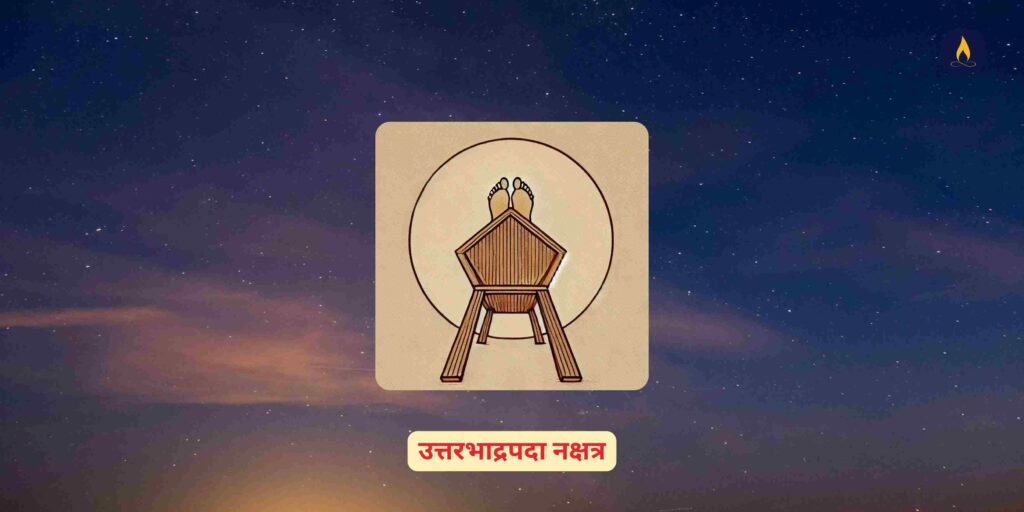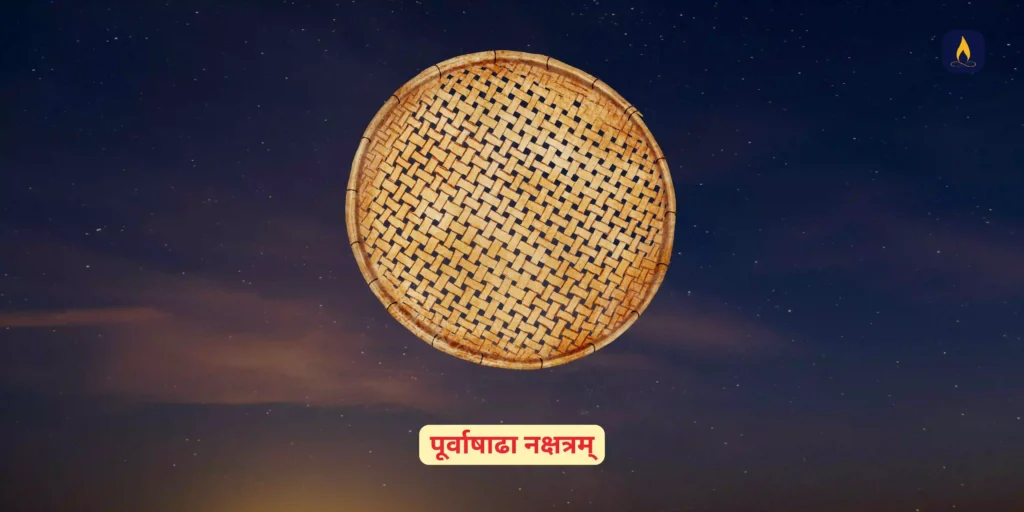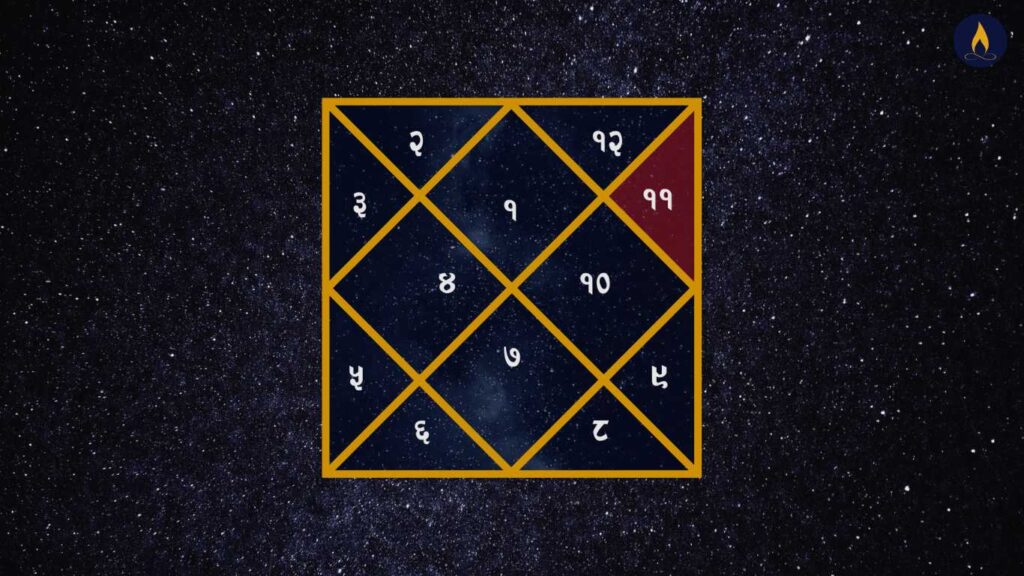Blog Contents
ToggleIntroduction
Astrology, particularly Vedic astrology, has served as a profound bridge between the mystical and the empirical, influencing the trajectory of ancient scientific exploration. This blog post explores the significant roles Vedic astrology played in early scientific fields, notably medicine and astronomy. Designed for researchers, astrologers, astrophysicists, history researchers, and students, this exploration delves into the historical interplay between celestial interpretations and scientific advancements. Learn Basics of Vedic Astrology Here.
Regarded as a precursor to modern scientific methods, Vedic astrology has significantly shaped various fields within ancient science. Extending beyond mere destiny predictions, it was integrally linked to empirical studies of the era, influencing areas like medicine and astronomy. Let’s hop on a journey to discover how these celestial interpretations influenced early scientific methodologies and practices.
Historical Context of Astrology in Ancient Civilizations
Throughout many ancient civilizations—from the Vedic period in India to subsequent cultures influenced by these teachings—astrology was revered as a sophisticated tool essential for understanding and interacting with the cosmos. It was employed to predict seasonal changes and celestial events, crucial for agricultural and societal planning. This deep-rooted tradition provided the foundation for various scientific disciplines, shaping the thoughts and works of prominent scholars. For example, esteemed sage-physicians of ancient Eastern part of the world often used astrological insights to complement their Ayurvedic practices, highlighting its importance in medical diagnostics and treatment planning.
Astrology’s Influence on Ancient Medicine
The profound contributions of Vedic astrology to early medical practices are undeniable. Ayurvedic practitioners often utilized astrological charts to pinpoint the most auspicious times for treatments and surgeries. This practice reflects the ancient belief in the direct impact of celestial bodies on human health. For instance, the timing of therapeutic procedures in ancient India often aligned with stellar positions, believed to enhance the patient’s recovery prospects and the success rate of surgical interventions.
Astrology and Ancient Astronomy
The roots of ancient astronomy are deeply intertwined with Vedic astrological practices. Early astronomers, who were also Vedic astrologers, leveraged their understanding of the stars to map the heavens and facilitate sea navigation. This section explores how astrology fueled significant advancements in astronomical tools and techniques. Notably, the development of the astrolabe—an ancient astronomical device—was largely driven by astrological needs to comprehend celestial patterns for both predictive purposes and navigational aid.
Connection between Astrology and Ancient Medicine
Astrological insights were routinely applied to enhance medical outcomes, guiding medical practices from diagnosis to treatment. The deep-seated belief in the cosmic influence over health and natural processes marked astrology’s impact on early astronomy and medicine. Diagnosing illnesses in ancient India often involved consulting the stars to choose the right treatment paths, highlighting astrology’s pivotal role in shaping early medical practices.
Influence of Astrology on Ancient Astronomical Research
Vedic astrology provided a framework for early astronomers to pursue their studies of the heavens. This involved meticulous tracking of planetary movements and alignments, essential for both temporal and navigational computations. The detailed study of celestial bodies to predict Earth events demonstrated a sophisticated understanding of interconnection of the cosmos and terrestrial life.
For further exploration, consider visiting the Smithsonian’s astrophysical observatory, which offers rich resources on the historical intersection of astrology and astronomy.
Through its symbiotic relationship with medicine and astronomy, Vedic astrology has not only spurred significant scientific advancements but also enriched the cultural and intellectual landscapes of ancient civilizations. By examining these historical connections, we gain a deeper understanding of how ancient knowledge continues to shape modern scientific and philosophical inquiries, bridging past insights with contemporary understanding.
FAQs
1. How was astrology connected to ancient medicine?
Vedic astrology was integrally linked with ancient medicine, using celestial signs to determine the most auspicious moments for medical interventions. This connection underscores the holistic approach of ancient medical practices, where the alignment of the stars could dictate treatment timing.
2. How did ancient civilizations use astrology in their medical practices?
In ancient civilizations, medical practitioners often incorporated Vedic astrological theories into their healing protocols. Herbs were harvested under favorable celestial conditions to maximize their efficacy, and treatments were scheduled according to astrological forecasts to enhance healing outcomes.
3. How did ancient astronomers use astrology to study the stars and planets?
Vedic astrologers created detailed star charts that guided the study of celestial bodies. These charts were pivotal in developing the fields of astrology and astronomy, providing a structured approach to celestial navigation and prediction.
4. How did astrology contribute to the early scientific method?
Vedic astrology introduced systematic observation and record-keeping to early science, establishing a methodological approach that laid the groundwork for the scientific method. These practices encouraged critical observation and detailed documentation, essential components of scientific inquiry.
5. What is the legacy of astrology in modern science and medicine?
While the scientific community generally separates astrology from empirical science today, the historical influence of Vedic astrology offers valuable insights into the development of scientific thought. It serves as a reminder of our quest to understand life’s complexities through both the observable and the mystical.











